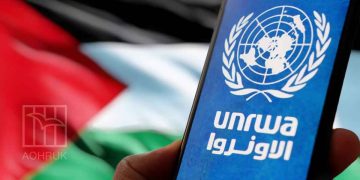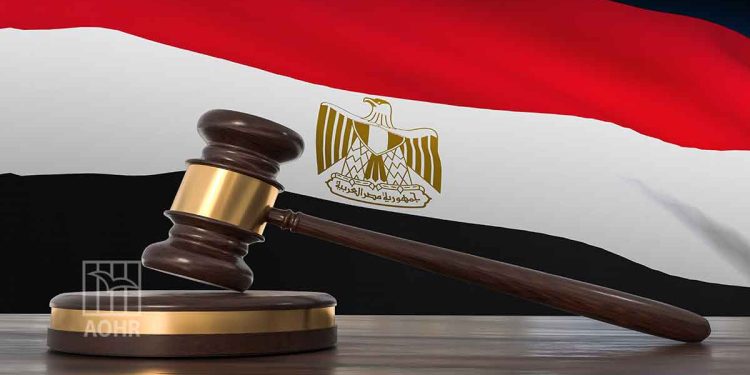Egyptian authorities have referred 52 detainees, including four journalists and eight women, to trial after years of enforced disappearance and allegations of torture. The detainees, held in connection with Case No. 680 of 2020, have faced serious human rights violations since the moment of their arrest, raising concerns over systematic repression and the abuse of legal proceedings to silence dissent.
The charges brought against the detainees include membership in a banned organisation, financing terrorism, and spreading false news. These broadly defined accusations have been widely used by Egyptian authorities to criminalise journalists, political opponents, and activists, in a pattern that has been repeatedly condemned by human rights organisations.
Among those referred to trial are Amr Al-Qazzaz, a co-founder of the news platform “Rassd,” and journalist Medhat Ramadan, as well as Amr Emad Abdullah and Abdullah Shehata Abdul Jawad. The inclusion of journalists in the case underscores the targeting of independent media figures as part of broader efforts to suppress press freedom in Egypt.
The case also includes female detainees, such as Eshtehad Mohamed Kamal Eidieh, a student at Al-Azhar University, who was arrested at her home on 8 November 2020 and subjected to enforced disappearance for 10 days. Others, including Asmaa Al-Sayed Abdul Raouf, who was forcibly disappeared for 36 days, and Al-Zahraa Mohamed Ahmed, who was detained in September 2023—three years after the case was opened, have also faced prolonged detention without due process.
All detainees in this case have reportedly endured serious human rights violations, including enforced disappearance, prolonged arbitrary detention, and torture. Many were held incommunicado for periods ranging from five days to three months, a practice that contravenes the International Convention for the Protection of All Persons from Enforced Disappearance, which prohibits detaining individuals in unofficial locations or refusing to disclose their whereabouts.
Testimonies from those familiar with the case indicate that detainees were subjected to torture inside National Security Agency facilities, including beatings and electric shocks. These practices violate Article 5 of the Universal Declaration of Human Rights, which explicitly prohibits torture and inhuman or degrading treatment. Some detainees have reportedly appeared in court bearing visible signs of torture, yet no investigations have been launched into these allegations, nor have those responsible been held accountable.
The prolonged detention of these individuals for more than three years without trial also violates Egyptian law. According to Article 143 of Egypt’s Code of Criminal Procedure, the maximum period for pretrial detention in criminal cases should not exceed two years. Despite this, many of the detainees have been held for significantly longer periods, in clear violation of both domestic legal provisions and international fair trial standards.
The continued use of arbitrary arrests, enforced disappearances, torture, and prolonged detention without trial highlights Egypt’s ongoing suppression of political dissent. These practices directly contravene Egypt’s international human rights obligations and reinforce concerns about the systematic use of state security apparatuses to silence opposition voices.
Egyptian authorities must immediately and unconditionally release all detainees in this case and launch an independent investigation into the violations they have endured. Those responsible for enforced disappearance, torture, and unlawful detention must be held accountable to ensure compliance with basic human rights standards. The international community must take urgent action to pressure the Egyptian government to end its policy of political imprisonment and ensure that journalists, activists, and political opponents can exercise their rights without fear of persecution.































